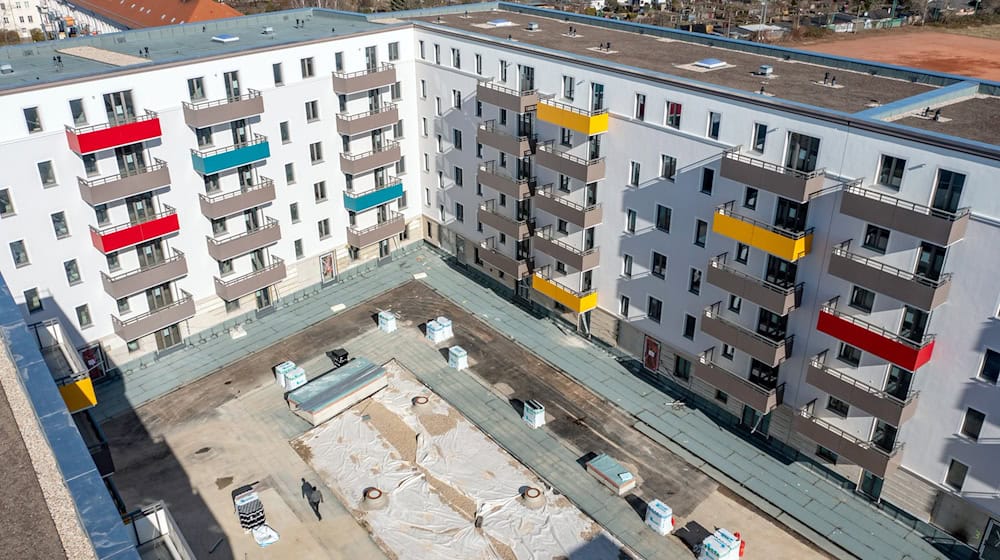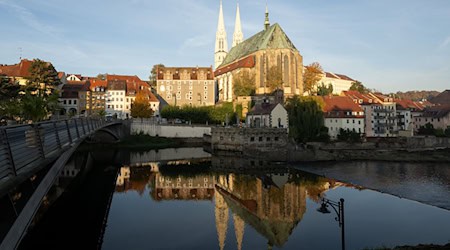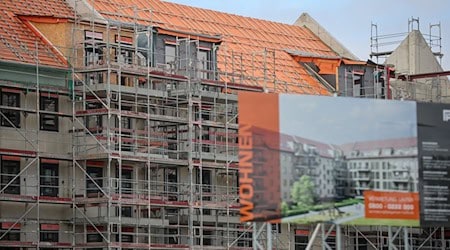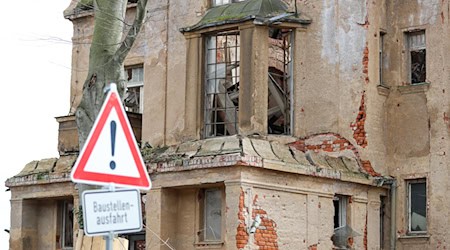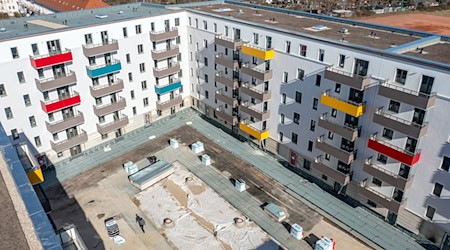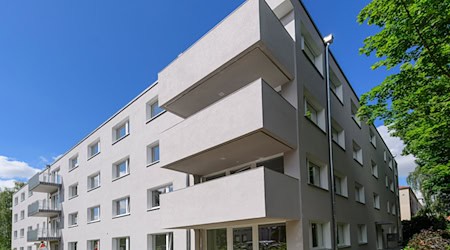Apartment seekers in eastern Germany sometimes have less choice on major real estate portals. In May 2024, around ten percent fewer rental apartments were advertised on the classifieds platform in eastern German states other than Berlin than a year earlier, according to an analysis obtained by Deutsche Presse-Agentur.
According to the report, the decline in Saxony to 6018 apartments and Saxony-Anhalt to 2993 apartments was particularly significant - a drop of almost 13 percent in each case. Thuringia and Brandenburg both saw a decline of around nine percent, while the platform recorded a drop of one percent in Mecklenburg-Western Pomerania.
Significant slump in Leipzig
In Leipzig, for example, listings plummeted by more than half to 477 apartments within a year, while in Dresden they fell by around 15 percent to 1110. On the other hand, classified ads recorded slight growth in Chemnitz.
"The housing shortage is having an increasingly drastic effect, even in the major cities of eastern Germany," commented Klaus Saloch, Head of Sales at Kleinanzeigen. "People looking for accommodation are finding it hard to find affordable rental apartments and are having to switch to smaller locations in the surrounding area when in doubt."
Immobilienscout24 records falling vacancy rates
According to a spokesperson, the Immobilienscout24 platform also recorded declines in the number of apartments on offer in Saxony, Saxony-Anhalt and Thuringia. In Saxony, the market is dominated by Leipzig and Dresden, where the vacancy rate is falling. In Saxony-Anhalt, there is little new construction and the vacancy rate in Magdeburg is decreasing. And in Thuringia, supply is generally low and decreasing.
In Brandenburg, on the other hand, there is a growing supply. There is also a lot of movement here due to the proximity to Berlin - although prices are rising more sharply in some cases than in the city center. In Mecklenburg-Western Pomerania, there is also stable, slight growth.
In general, demand for apartments is also increasing significantly in rural areas. Overall, too little is being built and people are moving less frequently, which means that there is no vacant living space in existing properties.
Copyright 2024, dpa (www.dpa.de). All rights reserved

